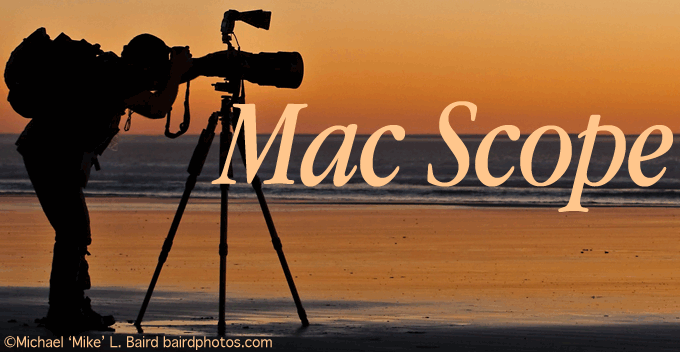2000: Recently an article appeared in MacWeek stating that, because of the interest in Linux, the Mac platform is doomed.

While this would seem to be an overstatement, Linux is definitely making inroads into the market. Several other writers have (correctly) pointed out that Linux still has a long way to go to achieve consumer acceptance. While they have been catching up to the Mac in terms of market share, this does not necessarily indicate that the full-blown acceptance is just around the corner.
Linux clearly fills a gap in the OS market. Linux is more appealing to some users because it offers something that neither Windows, Macintosh, BeOS, or Unix can. A significant surge in market share is a result of a number of people finding a platform just right for them: technically challenging, cheap, and robust.
How many people, however, fit into that category? Many will drop out at the mention of “technically challenging.” Eazel is aiming to erase this problem.
I think Eazel poses the largest risk to Macs. Linux is, without a doubt, a strong competitor in the OS market. Right now the “technically challenging” is what’s holding it back. Without that one (huge) shortcoming, Linux could be the next Microsoft. Stable, fast, and free. What more could anyone ask for?
Mac OS X, of course, is Apple’s answer to any OS questions critics have. OS X is essentially Eazel in action. OS X is a Mac skin on a FreeBSD underbelly. Eazel is a Mac skin on a Linux underbelly.
Make no mistake: A computer shipped with Eazel would be a formidable competitor for Macs. At the very least, Linux is sexier than FreeBSD because all of the media attention lavished upon it. Everyone knows it’s a geek system, so if you run Linux, you are, by default, related to geeks in some way. Even if the tough part is well hidden, “geek mystique” can still rub off on the owner. Tell people you run Linux, and you will likely get a few admiring glances, similar to the ones people who service their own cars get.
Tell someone you’re running the Mac OS, and you’ll likely get a yawn and the question, “Is Apple still around?” Even after explaining that the new Mac OS contains FreeBSD you will likely get nothing more than a blank stare.
The cool factor could help Eazel immensely. Free and easy to use will only add to its competitiveness. Add it all together, and you’ve got an OS that could dominate.
Of course, even with Eazel, the Linux market has quite a ways to go to put the Macs out to pasture. Battle-hardened from the Windows war, Mac advocates have shown that they won’t go quietly into the night.
But I’ll be watching my back.
Update: Eazel was promising, but the company lasted less than two years, closing its doors on May 15, 2001. Its flagship project, Nautilus, was integrated into GNOME on Linux, and many of its remaining employees ended up at Apple working on the Safari browser. (Mac OS X 10.0 shipped in March 2001 with Internet Explorer 5 as its default browser. Safari debuted in January 2003 and became the default OS X browser with the release of 10.3 Panther in October 2003. At the point Microsoft discontinued development of Internet Explorer for Mac.)
keywords: #eazel #freebds #linux #macosx

